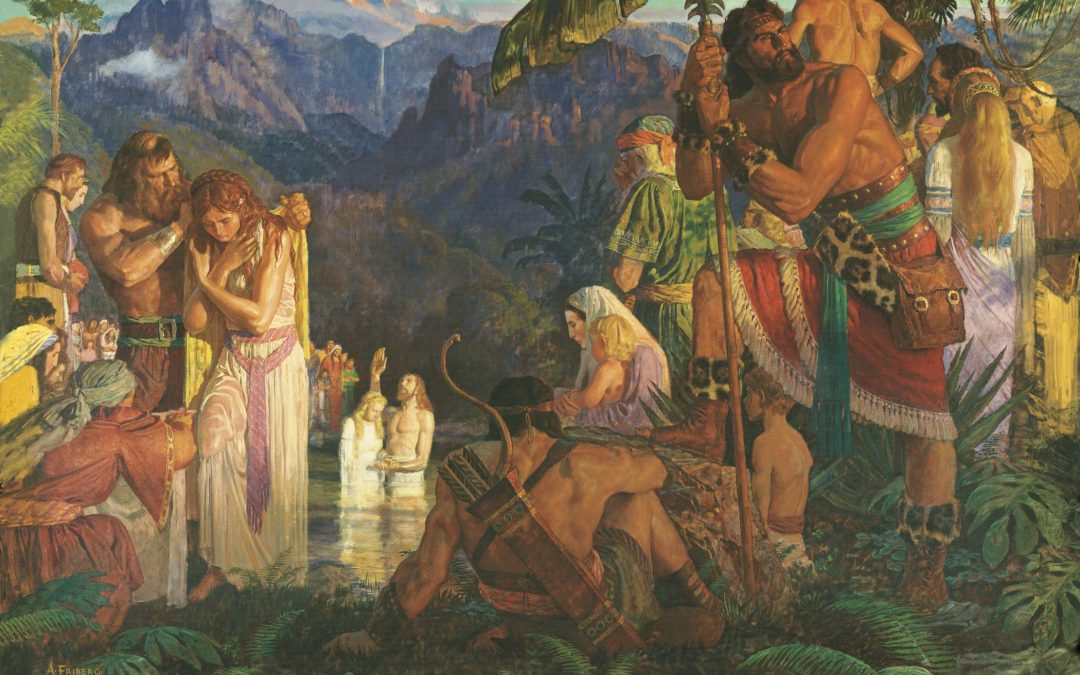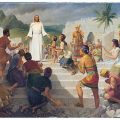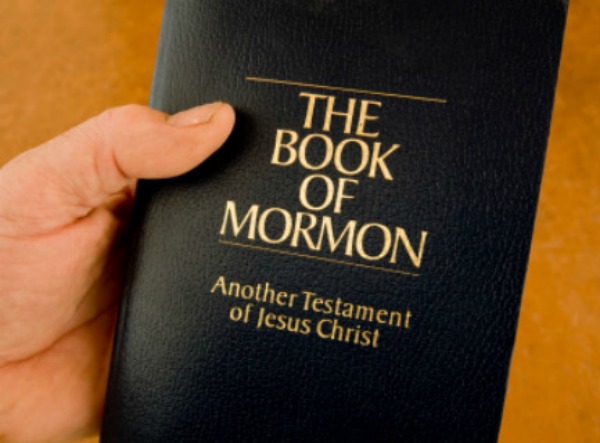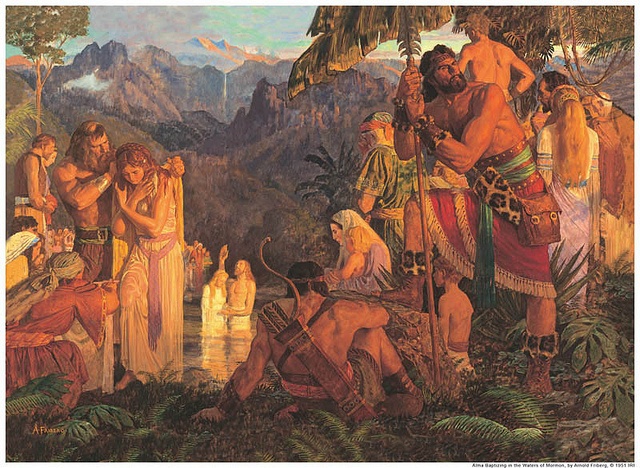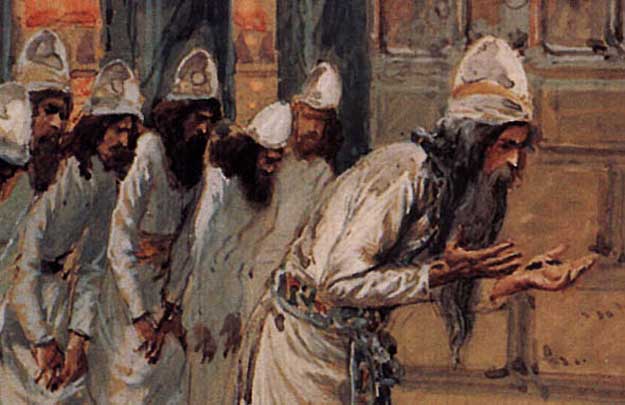Question
Dear Gramps,
Upon Alma going to Zarahemla, why would Mosiah give the office of High Priest (in other words, the office of being the Prophet of the Church) to someone else, and why Alma? Why would the record indicate later that Alma was the founder of the Church? The Church appears to have been established continuously before his arrival.
Ted
Answer
Dear Ted,
We first come upon Mosiah in the Book of Mormon in Omni 1:12
Behold, I am Amaleki, the son of Abinadom. Behold, I will speak unto you somewhat concerning Mosiah, who was made king over the land of Zarahemla; for behold, he being warned of the Lord that he should flee out of the land of Nephi, and as many as would hearken unto the voice of the Lord should also depart out of the land with him, into the wilderness–
As you know the account, when Mosiah discovered the People of Zarahemla, they made him their king. But from the verse above we may also assume what he was the religious leader of his people. Although the office of his calling is not specifically mentioned there, it may be inferred from the above scripture that he was the prophet of the Lord to his people. Another evidence that Mosiah was the Lord’s prophet is that he had in his possession the “interpreters,” that we may assume were the Urim and Thummim, by which he translated the inscription on a large stone that the people of Mulek presented to him that gave an account of the last surviving member of the Jaredite civilization (Omni 1:20-21).
Also, in Ammon’s encounter with King Limhi, Ammon is told of the results of an unsuccessful expedition of Limhi’s people to find the city of Zarahemla, during which expedition they discovered the 24 plates of gold on which was transcribed the record of the Jaredites. King Limhi asks Ammon if he knew of anyone that could translate the record. Ammon refers him to Mosiah, who is in possession of the interpreters, and who is called a seer (Mosiah 8:13). So it is established by these scriptures that Mosiah is both the king of the people of Zarahemla and the Lord’s Seer, or prophet.
Now, referring to Alma, he was one of the wicked priests of the wicked King Noah. When the prophet Abinadi came among them, denouncing their iniquity and preaching to them the word of God, Alma, alone among the wicked priests, believed on his word. Abinadi was captured by Noah’s people and burned at the stake. Alma and the people that he converted because of Abinadi’s words escaped the soldiers of King Noah and hid out in a secluded area that they named Mormon. There Alma baptized the group in the “waters of Mormon.” The first person in that group to be baptized was Helam. When Alma baptized Helam, he also submerged himself under the water, but did not do in any further baptisms of the group (Mosiah 18:12-13). We learn in Mosiah 18:18 that Alma had received authority from God to organize the church among these people, which he called the Church of Christ, and to ordain priests among them–one priest to every 50 people–to teach them concerning the things pertaining to the kingdom of God.
When Alma and his followers later came upon Zarahemla and recounted to King Mosiah the account of Noah and his people, the prophet Abinadi, and Alma’s conversion and escape from the wicked King, Mosiah recognized that Alma had the same authority from God as he did, and undoubtedly because of the pressures of his obligation to rule the people of Zarahemla as their king, he gave the work of the ministry to Alma, who he recognized as both authorized and capable to be the religious leader of his people.
Gramps

